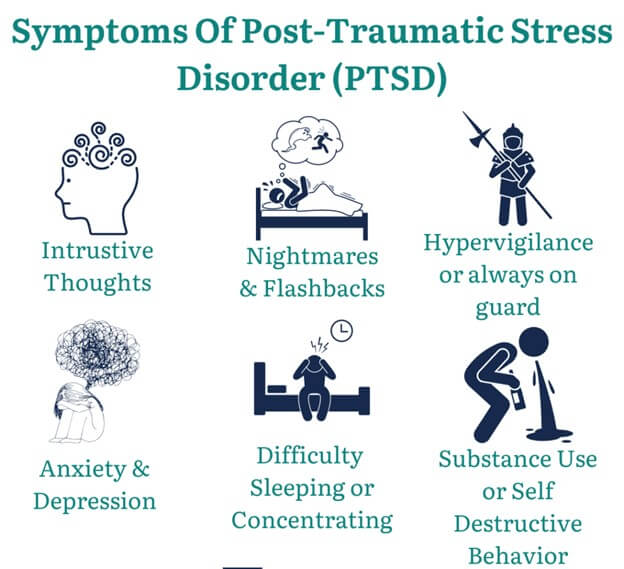A nurse manager on a mental health unit is discussing involuntary admissions during a staff meeting. Which of the following statements should the manager include in the discussion?
"Clients who are involuntarily admitted have the right to informed consent."
"Clients should be given medications even if they refuse them."
"The laws regarding restraints are different for clients who are admitted involuntarily."
"Clients who are admitted involuntarily can be hospitalized for as long as the provider deems necessary."
The Correct Answer is A
A. Clients who are involuntarily admitted to a mental health unit retain their rights, including the right to informed consent. This means they must be informed about their treatment, including medications, procedures, and potential risks, and they have the right to accept or refuse treatment, unless a court order states otherwise.
B. Involuntary admission does not automatically mean forced treatment. Clients can refuse medications, unless they are deemed a danger to themselves or others, in which case a court order may be obtained to administer medication.
C. Restraint laws apply equally to all clients, regardless of admission status. Restraints must always be used as a last resort and require a provider’s order, regular assessments, and documentation.
D. Involuntary hospitalization has legal time limits, and court review is required for extended hospitalization. The length of stay varies based on state laws and judicial rulings.
Nursing Test Bank
Naxlex Comprehensive Predictor Exams
Related Questions
Correct Answer is ["B","D","E"]
Explanation
A. Nystagmus: Nystagmus is not a typical manifestation of alcohol withdrawal. It is more commonly associated with intoxication or neurological conditions. Therefore, it is not included in the effects of alcohol withdrawal.
B. Illusions: Illusions (misinterpretations of external stimuli) are common during alcohol withdrawal, especially in severe cases such as withdrawal delirium (delirium tremens). Clients may misinterpret shadows or objects as threatening.
C. Polyphagia: Polyphagia (excessive eating) is not a recognized manifestation of alcohol withdrawal. Clients with withdrawal may experience nausea or a lack of appetite rather than an increased appetite.
D. Tremors: Tremors, often called "the shakes," are one of the most common early signs of alcohol withdrawal. They usually begin within hours after alcohol cessation.
E. Seizures: Seizures, specifically generalized tonic-clonic seizures, are a serious complication of alcohol withdrawal. They can occur within 6–48 hours after the last drink and are part of alcohol withdrawal syndrome.
Correct Answer is C
Explanation
A) "My child was born with a birth defect due to an exposure I had overseas."
This statement does not directly relate to the core symptoms of PTSD. While exposure to trauma can have a variety of consequences, including potential exposure-related health issues, this statement does not necessarily indicate the re-experiencing, avoidance, or hyperarousal symptoms characteristic of PTSD.
B) "I check any room I enter because the enemy is still after me and could be hiding anywhere."
This statement is more indicative of hyperarousal and hypervigilance, which are common symptoms of PTSD. However, it does not explicitly involve re-experiencing the traumatic event through nightmares or intrusive memories, as described in the correct answer.
C) "In my dreams, all I can see are the wounded reaching out and trying to grab me."
Explanation:
The statement "In my dreams, all I can see are the wounded reaching out and trying to grab me" indicates symptoms commonly associated with posttraumatic stress disorder (PTSD). This statement reflects the re-experiencing symptom cluster of PTSD, where individuals may have distressing and intrusive memories, nightmares, or flashbacks related to the traumatic event they experienced. The imagery of wounded individuals trying to grab the person suggests a strong emotional impact and ongoing distress related to the traumatic experience.
D) "I killed four enemy soldiers with my bare hands and saved my entire battalion."
While this statement might reflect exposure to a traumatic event and could contribute to symptoms of PTSD, it is presented in a way that seems more like a narrative of heroic actions rather than a symptom of distress or re-experiencing.

Whether you are a student looking to ace your exams or a practicing nurse seeking to enhance your expertise , our nursing education contents will empower you with the confidence and competence to make a difference in the lives of patients and become a respected leader in the healthcare field.
Visit Naxlex, invest in your future and unlock endless possibilities with our unparalleled nursing education contents today
Report Wrong Answer on the Current Question
Do you disagree with the answer? If yes, what is your expected answer? Explain.
Kindly be descriptive with the issue you are facing.
